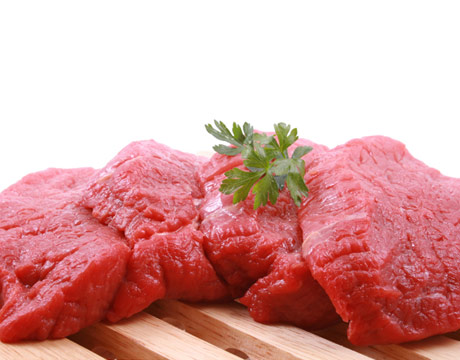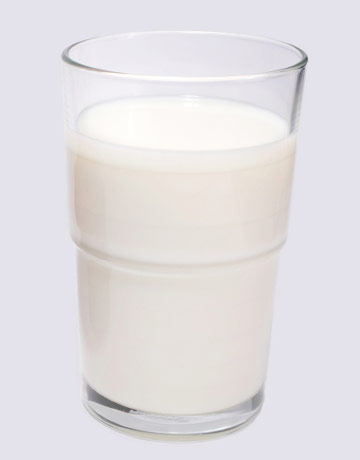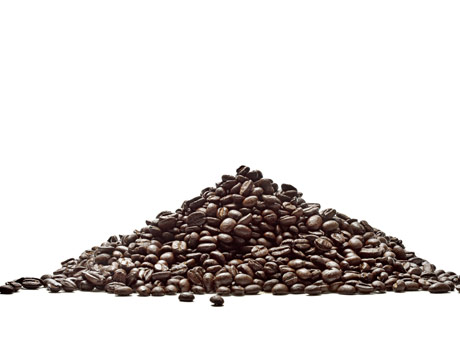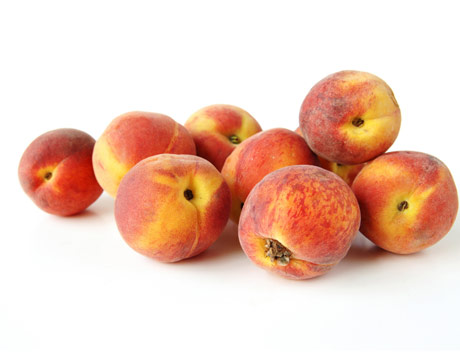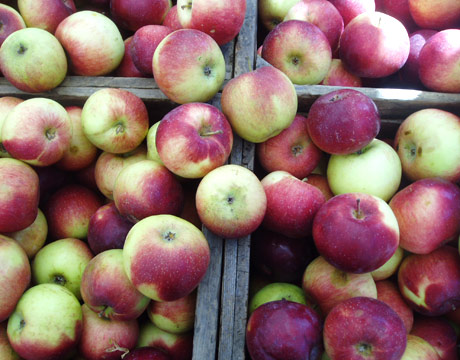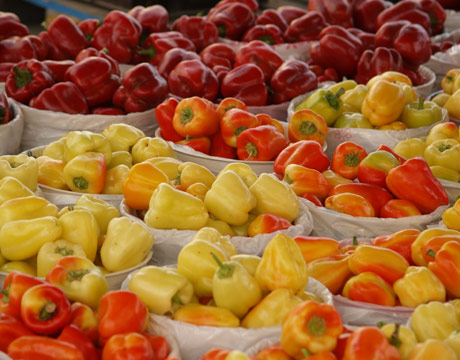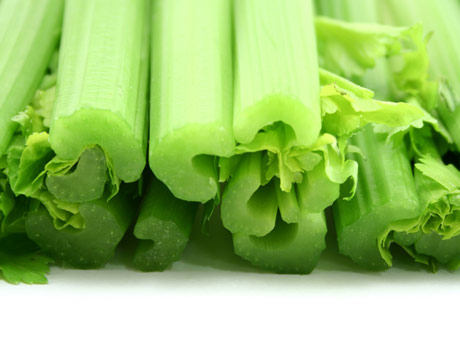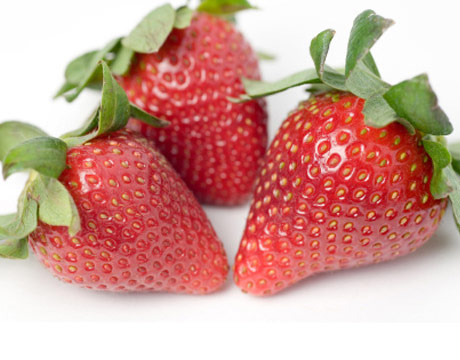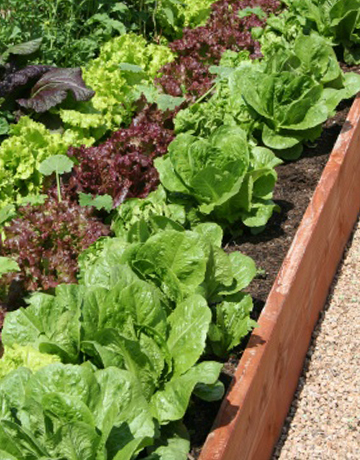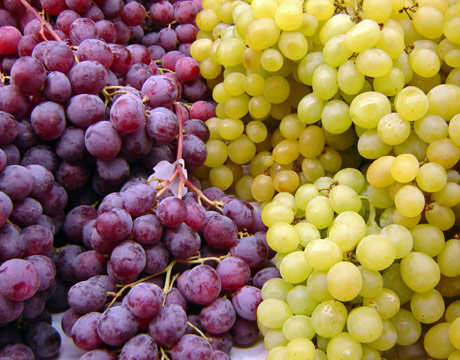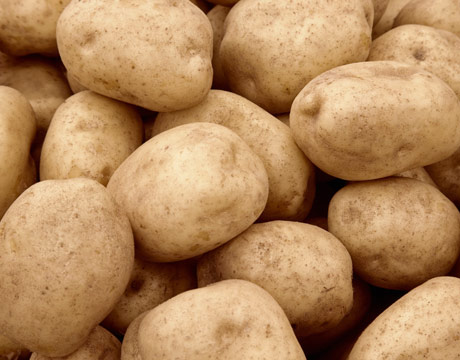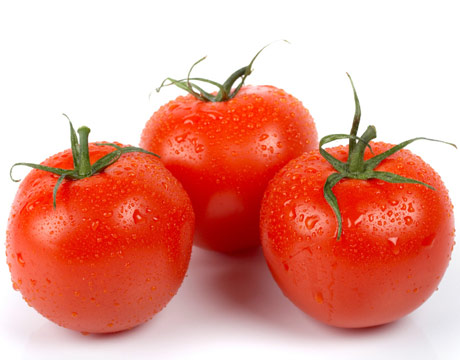The Dirty Dozen: Top 12 Foods to Eat Organice
Check out the top 12 foods you should buy organic whenever possible
By Karen Berner
Not all of us can afford to go 100% organic. The solution? Focus on just those foods that come with the heaviest burden of pesticides, chemicals, additives and hormones. Whenever possible, deploy your organic spending power to buy organic versions of the following foods (in no particular order). Can't find organic versions of these foods? In some cases, we've listed safer alternatives that contain similar valuable vitamins and minerals.
1. Meat. Contrary to a widely reported "fact," meat typically contains less pesticide residue than plant-based foods, according to Debra Edwards, the director of EPA's Office of Pesticide Programs.
That said, raising animals with conventional modern methods often means using hormones to speed up growth, antibiotics to resist disease and pesticides to grow the grain fed to the animals. As the EPA puts it in an Ag 101 feature, "Antibiotics, pesticides, and hormones are organic compounds which are used in animal feeding operations and may pose risks if they enter the environment."
Consumers looking to avoid meats raised with these substances can seek out certified organic meat. To meet USDA standards, this meat can come only from animals fed organic feed and given no hormones or antibiotics.
Publications as varied as the Wall Street Journal, in its 2007 When Buying Organic Makes Sense and When It Doesn’t, and Consumers Union, in its 2006 Tips on Buying Organics Without Breaking the Bank, recommend seeking out organic meats when possible.
2. Milk. Pesticides and other man-made chemicals have been found in human breast milk, so it should come as no surprise that they have been found in dairy products. While any residues detected have been rare, and of low concentration, milk is of special concern because it is a staple of children's diets.
Organic dairies cannot feed their cows with grains grown with pesticides, nor can they use antibiotics or growth hormones like rGBH or rbST.
3. Coffee. Many of the beans you buy are grown in countries that don't regulate use of chemicals and pesticides. Look for the Fair Trade Certified Organic label on the coffee package or can; it will give you some assurance that chemicals and pesticides were not used on the plants. It will also mean that fair prices were paid for the end product in support of the farm and that farm workers are treated fairly.
4. Peaches. Multiple pesticides are regularly applied to these delicately skinned fruits in conventional orchards. Can't find organic? Safe alternatives: watermelon, tangerines, oranges and grapefruit.
5. Apples. Scrubbing and peeling doesn't eliminate chemical residue completely so it's best to buy organic when it comes to apples. Peeling a fruit or vegetable also strips away many of their beneficial nutrients. Can't find organic? Safe alternatives: watermelon, bananas and tangerines.
6. Sweet bell peppers. Peppers have thin skins that don't offer much of a barrier to pesticides. They're often heavily sprayed and victim to pesticides commonly used to keep them insect-free. Can't find organic? Safe alternatives: green peas, broccoli and cabbage.
7. Celery. Celery has no protective skin, which makes it almost impossible to wash off the chemicals that are used on conventional crops. Can't find organic? Safe alternatives: broccoli, radishes and onions.
8. Strawberries. If you buy strawberries out of season, they're most likely imported from countries that use less-stringent regulations for pesticide use. Can't find organic? Safe alternatives: blueberries, kiwi and pineapples.
9. Lettuces. Leafy greens are frequently contaminated with what are considered the most potent pesticides used on food. Can't find organic? Safe alternatives: cabbage, cauliflower and Brussels sprouts.
10. Grapes. Imported grapes run a much greater risk of contamination than those grown domestically. Vineyards can be sprayed with different pesticides during different growth periods of the grape, and no amount of washing or peeling will eliminate contamination because of the grape's thin skin. Can't find organic? Safe alternatives: blueberries, kiwi and raspberries.
11. Potatoes. America's popular spud ranks high for pesticide residue. It also gets the double whammy of fungicides added to the soil for growing. Can't find organic? Safe alternatives: eggplant, cabbage and earthy mushrooms.
12. Tomatoes. A tomato's easily punctured skin is no match for chemicals that will eventually permeate it. Can't find organic? Safe alternatives: green peas, broccoli and asparagus.
The information for this article in regard to pesticides in fruits and vegetables is based on The Environmental Working Group's analysis of federal pesticide testing data for commonly eaten fruits and vegetables.
http://www.thedailygreen.com/healthy-eating/Dirty-Dozen-Foods
'Life > e—nouvelle—nouveau' 카테고리의 다른 글
| HOLIDAY CRANBERRY JELLO (0) | 2008.11.22 |
|---|---|
| 10 Foods You Don't Have to Buy Organic (0) | 2008.10.10 |
| The 10 Eco-Best Fish (0) | 2008.10.04 |
| The 10 Eco-Worst Fish (0) | 2008.10.04 |
| The World of Cheese: Surefire Matches (0) | 2008.09.26 |
